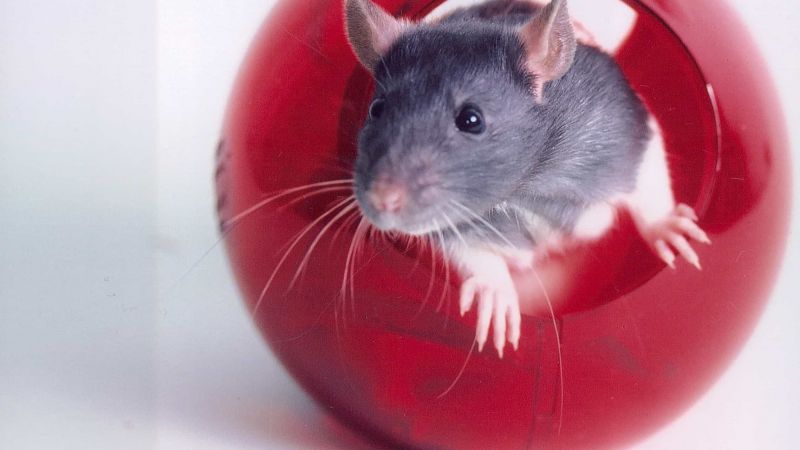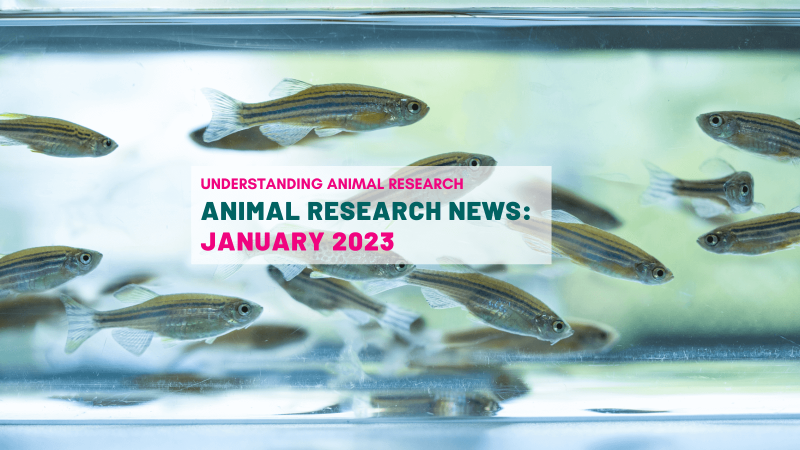Text to go here...
By genetically deleting a set of molecules in the brains of mice, scientists have significantly improved the speed of recovery following stroke. The mice regained coordinated movement and showed faster repair of nervous tissue. The work identifies a set of molecules that could become the focus of a new generation of medicines to help people recover following a stroke.
The team of researchers were investigating molecules belonging to the MHC class-1 complex, which have well-known functions in the immune system. But to many scientists’ surprise, some of these molecules also have a role in the brain: two of them, named H2-Kb and H2-Db, have been shown to regulate the formation and disassembly of nerve cell interactions at synapses, which are the basis of memory. Tests also found that levels of these molecules rise dramatically following a stroke in mice and the team believed they might be inhibiting recovery.
The researchers genetically engineered mice to lack H2-Kb and H2-Db. They then trained the animals to perform complicated tasks like walking over a revolving rod. A stroke was induced in the mice by cutting off blood supply to the brain under anaesthetic. One week later, the animals lacking the molecules had recovered their athletic skills substantially better than the normal animals. Analysis of the mice’s brains under a microscope showed that the area of nerve damage was also smaller. The team also deleted the receptor that the molecules bind to, called PirB, with similar results.
The results suggest that the molecules and their receptor are somehow inhibiting nerve repair. It may be possible to develop a drug that temporarily lowers the levels of H2-Kb and H2-Db or blocks the PirB receptor, allowing the brain to repair itself following a stroke.
Last edited: 14 March 2022 09:03



